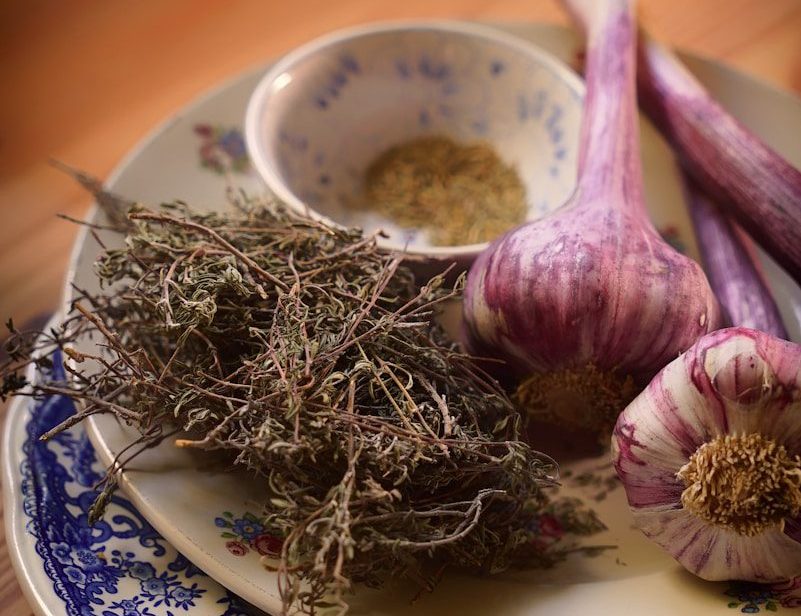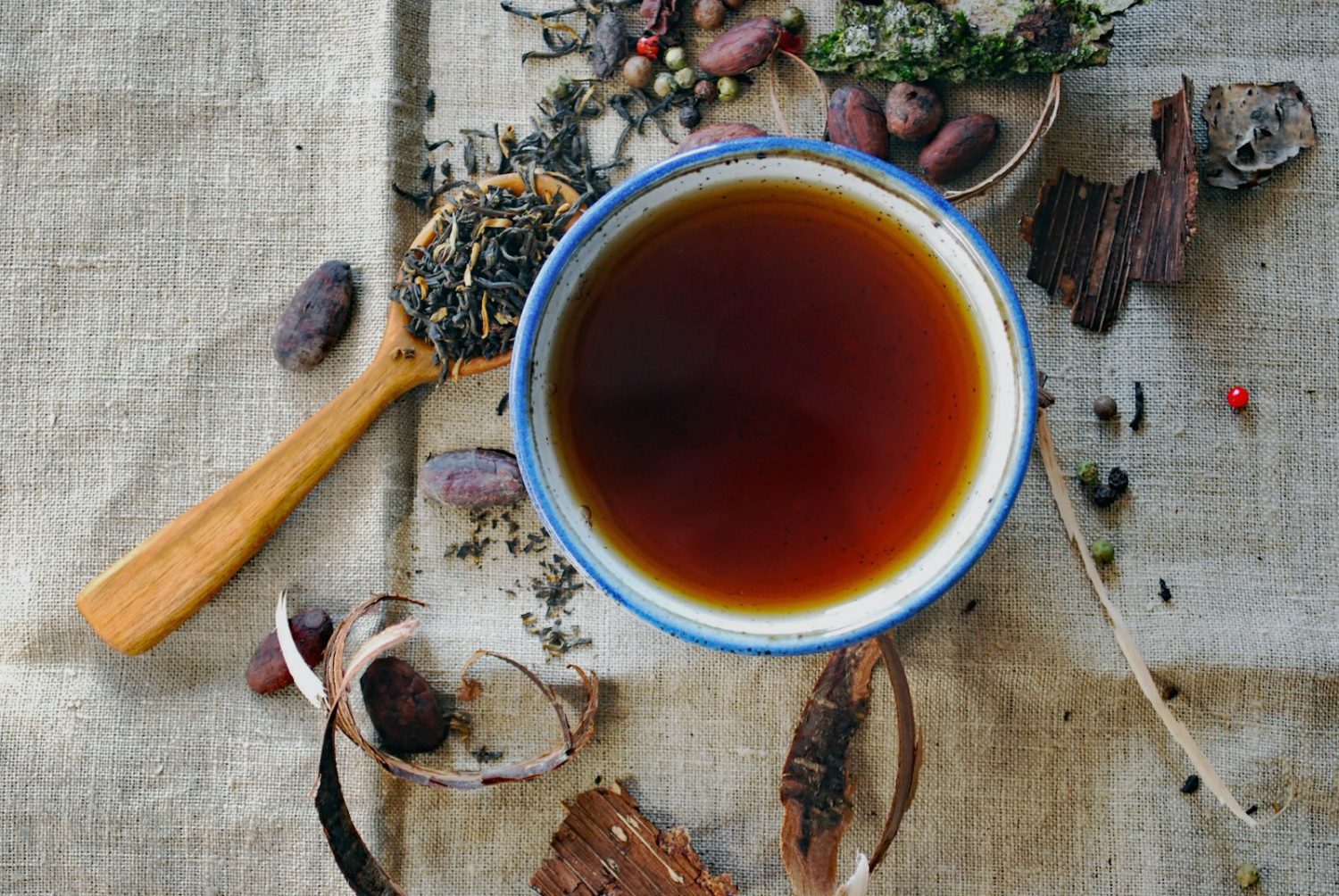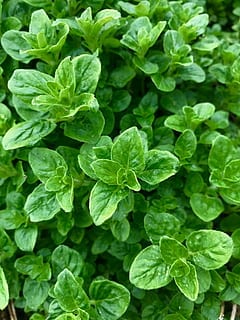Home Remedies from the Garden for Itch, Indigestion, and Insomnia
A calm day can turn rough fast. An itch flares. Your stomach feels tight. Night comes and sleep will not. The good news sits close. Relief grows in your garden and waits in your kitchen. We can make simple cups, gentle compresses, and soothing steams in minutes. In other words, you already have what you … Read more




